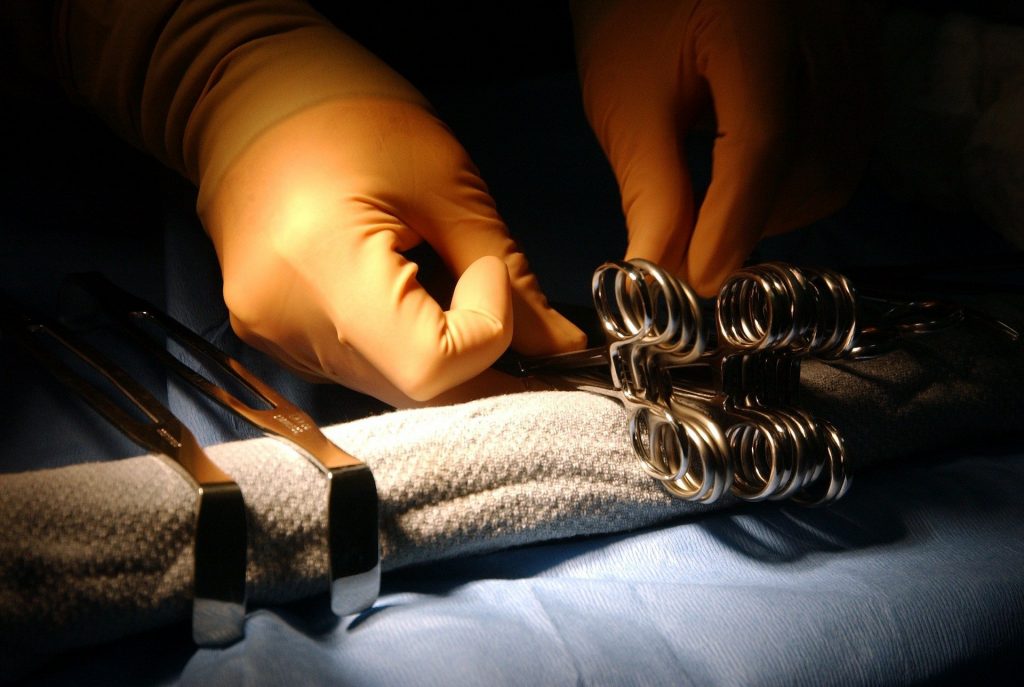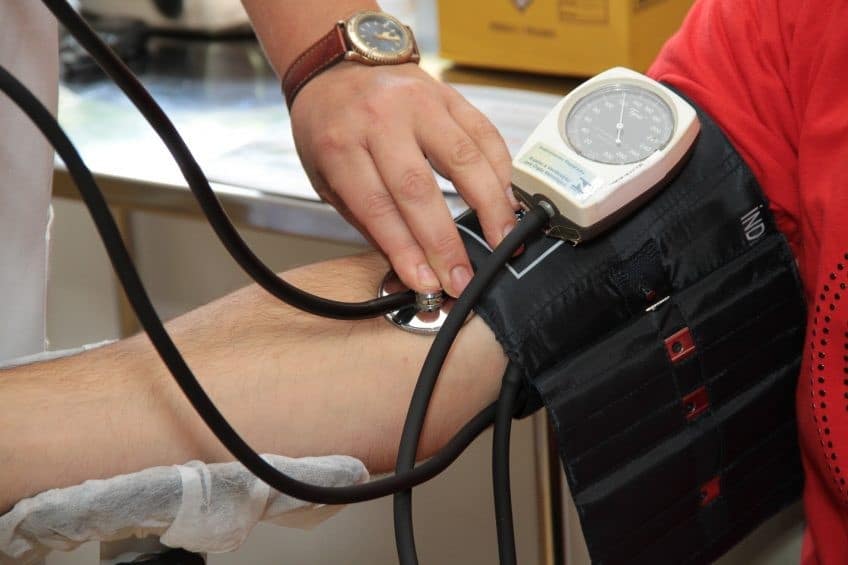Same Specialty Not Required
Medical MalpracticeIn case number SC16-181, the Florida Supreme Court declined to adopt the “same specialty” rule for “standard of care” experts in Florida medical malpractice cases. In 2012, the Florida Legislature amended section 766.102(5)(a), Fla. Stat. to require a standard-of-care expert witness in every medical malpractice case to be certified in the same specialty as the doctor who is accused of malpractice. Prior to the 2012 amendment, Florida law only required that the standard-of-care expert witness be certified in “the same or similar specialty” as the doctor accused of malpractice.
Florida Supreme Court Has Exclusive Authority To Determine Rules Of Procedure
Under Florida law, the supreme court has the exclusive responsibility of creating, approving, and regulating rules of procedure for the courts of the state. The Legislature has the authority to create statutes, however as you will remember from social studies, the courts have the inherent constitutional power of judicial review. Therefore, any statute created by legislative authority does not have to be enforced or adopted if it is found by the court to be unconstitutional or violative of other law.
Unconstitutionality And Chilling Effect On Access To The Courts
In declining to adopt section 766.102(5)(a), the Florida Supreme Court made the same findings used to decline adoption of section 766.102(12), Fla. Stat. (requiring that standard-of-care experts be licensed in Florida or have a valid expert witness certificate). Subsection 12 also repealed a court’s legal authority to disqualify (or qualify) an expert witness on grounds other than those enumerated in the statute. Likewise, the rules committee, The Board of Governors of the Florida Bar, and several other distinguished legal commentators urged the Supreme Court not to adopt the statute to the extent it is procedural (and hence in the inherent power of the court to decide). The Court held that these procedures are “unconstitutional” and have “a chilling effect on the ability to obtain expert witnesses, and is prejudicial to the administration of justice.”
“Same Specialty” Rule And “Same License” Requirement Unconstitutionally Make It More Difficult to Bring A Medical Malpractice Action In Florida
One of the fundamental tenets of Florida constitutional law is that access to the courts is considered near sacred ground. When a statute, administrative rule, or other law creates a substantial barrier for the public to use the court system for redress of wrongs (which is a purpose of so-called “tort reform”), then the law violates the Florida Constitution which “guarantees” access to the courts. Access to the court system is fundamental to our system and to freedom in general. This is why I have written specifically on frivolous lawsuits and talked about how important the right to a bring a lawsuit is and the right to a jury trial is in a free society. While many people are callous to those who bring lawsuits, the tables typically turn when the critics themselves have no choice but to bring a lawsuit. Corporations, people, and the government in general were not trusted by the founders of our nation and our state to decide individual disputes. This power was given to the people in the form of a jury trial for a reason.
All Of These “Tort Reforms” Seemed Harmless When Passed
Continuing in the same vein of discussion, all of these so-called “tort reforms” were presented to the public by the Legislature as “good ideas” to make the court system “better” when they were passed. What many people didn’t realize about these “reforms” when they were passed is how much more difficult, expensive, and unreasonable they really were. At first blush, it seems harmless to think that the duty of policing the medical profession in Florida should come from Florida doctors. The problem with this thought process is that medicine crosses state and national lines. Likewise, there is no rational reason why medical doctors at a “world class” facility outside of Florida should not be able to criticize medical doctors in Florida. In other words, if medicine is truly universal, then why does have a Florida license or having the exact same board matter so long as the medical expert is “qualified” by experience or education make a difference? The unintended effect of this is that medical doctors who are performing advanced research in their fields are limited or not allowed to give testimony against practitioners who may be reluctant to adopt new methods, new technology, and new procedures.
Talk To A Lakeland And Winter Haven Medical Malpractice Attorney About Your Case
If you have questions about the medical treatment that you or a family member received, you should contact a Lakeland medical malpractice attorney to discuss the facts and issues of your case. When choosing your attorney, you should find at attorney who has the knowledge and the experience to handle your case. Contact us for your free appointment with a medical malpractice attorney today.
Source (February 16, 2017)


